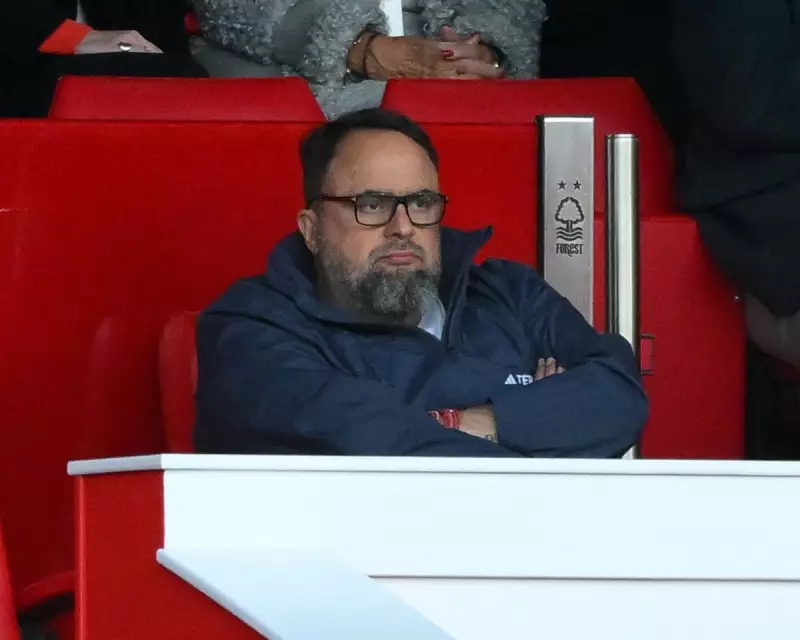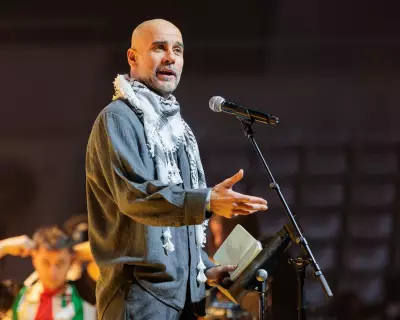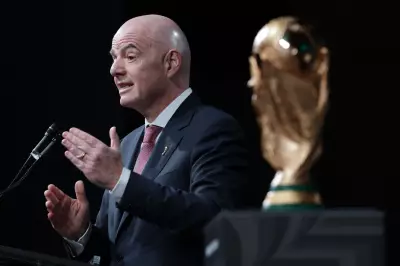
The football world watched intently as Evangelos Marinakis, the prominent Greek shipping magnate and owner of Nottingham Forest, entered a Athens courtroom to face serious charges of sports-related violence. The high-profile trial, which commenced this week, sees the businessman standing alongside an unprecedented 142 football fans in one of Greece's largest ever cases concerning football disorder.
The charges and allegations
Prosecutors have levelled accusations against Marinakis for his alleged involvement in what authorities describe as a criminal organisation dedicated to sports violence. The charges stem from incidents dating back to the period between 2011 and 2015, during his tenure as president of Greek giants Olympiacos.
According to court documents, the alleged offences include multiple counts of serious bodily harm, extortion, and possession of explosives and weapons. The prosecution claims these activities were orchestrated to exert control and influence within Greek football through intimidation and violence.
The scale of the proceedings
The trial's magnitude is reflected in the numbers: 143 defendants filling the courtroom, supported by a legal team of approximately 400 lawyers. Security measures around the courthouse have been significantly heightened, with authorities implementing strict access controls and surveillance.
This case represents one of the most substantial legal actions ever taken against football-related violence in Greece, signalling a potential turning point in how authorities handle sports hooliganism and the powerful figures allegedly behind it.
Marinakis's dual football empire
Beyond his ownership of Nottingham Forest, which he acquired in 2017, Marinakis maintains control of Olympiacos, having stepped down as president in 2021 while remaining the club's dominant figure. His involvement in English football has brought additional international scrutiny to proceedings that might otherwise have remained largely within Greek media circles.
The timing presents particular challenges for Nottingham Forest, with their owner facing legal battles that could potentially extend over months. Club officials have thus far declined to comment on the ongoing trial.
Broader implications for football
This case transcends national boundaries, raising questions about governance and accountability in football ownership across Europe. Football authorities and regulatory bodies are monitoring developments closely, as the outcome could establish important precedents for holding club owners responsible for alleged misconduct occurring in different jurisdictions.
The trial continues amid growing concern about football violence across Europe, with recent incidents in multiple countries highlighting the persistent challenge of hooliganism. Many see this case as a critical test of whether legal systems can effectively tackle the deep-rooted problems plaguing the beautiful game.
As proceedings unfold in Athens, the football community awaits answers that could reshape how violence in sport is addressed at the highest levels of the game.





